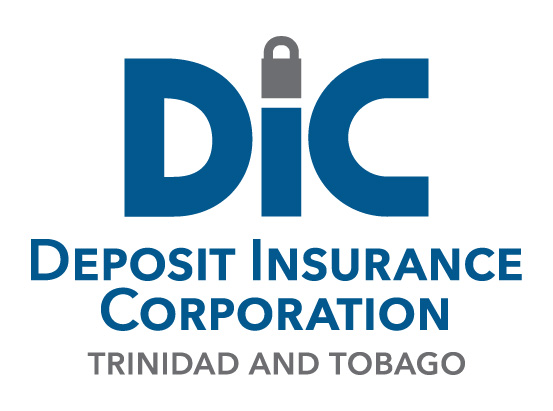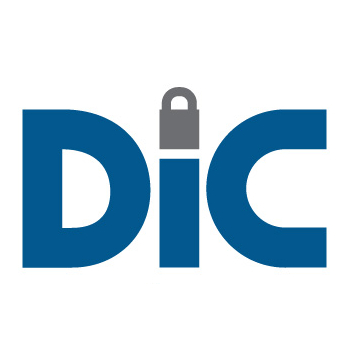In its simplest form, ‘liquidation’ refers to winding up a company by selling off its assets and converting them into cash to pay the company’s secured and unsecured creditors in proportion to the company’s confirmed indebtedness to each creditor.
Frequently Asked Questions
- What happens to those depositors whose accounts are subject to further examination?
- What happens to cheques which are not cleared on a depositor’s account before the business of the institution is closed?
- What happens if a depositor expects to be paid an amount that is different from what the DIC pays?
- Are Mutual Funds insured?
Did You Know?
- Misconception: The Deposit Insurance Corporation (DIC) is empowered to close a member institution. - Fact: A member institution licensed under the Financial Institutions Act, 2008 can only be “closed by or with the approval of The Central Bank of Trinidad and Tobago as a result of financial difficulties.”




